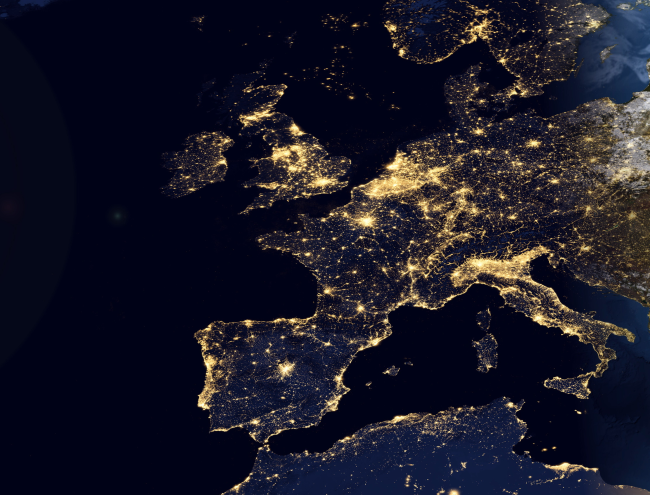The Political Economy of Nuclear Energy in the United States
A tendency among commentators, even experts, is to regard the complicated story of nuclear energy in the United States as exceptionally troubled and frustrating. The root cause of the troubles and frustrations, moreover, is commonly thought to be more political than economic. The promise of nuclear power in the U.S. is said to have been dimmed primarily by an eccentrically risk-averse public and an unusually hostile regulatory climate. Practically nowhere else, it is said, have political and legal institutions been so uncooperative. Supposedly the central governments of most other advanced countries have lent far more support to their nuclear industries. And because those governments are assumed to be more aggressive in combating pollution, including greenhouse gas emissions from burning fossil fuels, surely 'the rest of the world' has been doing much more than America to level the playing field for the development of nuclear energy. This paper challenges this conventional picture.

Available in:
Regions and themes
Share
Download the full analysis
This page contains only a summary of our work. If you would like to have access to all the information from our research on the subject, you can download the full version in PDF format.
The Political Economy of Nuclear Energy in the United States
Related centers and programs
Discover our other research centers and programsFind out more
Discover all our analysesBrazil One Year Away from the October 2026 General Elections
Brazil’s general elections will be held on October 4, 2026, to elect the president, vice-president, members of the National Congress, governors, deputy governors and state legislative assemblies. For the presidential and gubernatorial elections, a second round will be held on October 25 if no candidate obtains a majority of the votes in the first round.
COP30: An Inflection Point for Climate Action and Governance
The 30th Conference of the Parties (COP30), opening in Belém, Brazil, on November 10th 2025, convenes at a perilous moment.
The Strategic Dimension of Skills in the Clean Industrial Deal
In the competitiveness and energy transition battles, the European Union (EU) must master a determinant factor: skills.
The Energy Transition Faces Geopolitical Challenges. How Can Ideological Divides Be Overcome?
President Trump’s positions and policies, combined with record coal consumption and booming global electricity demand, geo-economic confrontation, and widespread concerns about energy security, are changing the game when it comes to understanding realistic decarbonization trajectories. The war in Europe is intensifying competition between defense and transition budgets. This is also the case elsewhere in the world.










